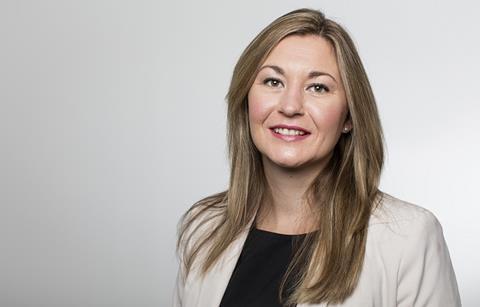
The annual average expected retirement income for women who are retiring in 2017 is £6,400 lower than the annual average expected retirement income for men retiring this year, according to research by Prudential.
Its Class of 2017 report, which surveyed 10,605 non-retired UK adults aged 45 and over, also found that women retiring this year can expect to receive an average annual retirement income of £14,300, compared to men retiring in 2017, who can expect an average annual retirement income of £20.700.
The research also found:
- The annual average expected retirement income gender gap increased by £1,100 between 2016 and 2017, rising from £5,300 to £6,400.
- 50% of female respondents who plan to retire this year believe they are financially well-prepared for retirement, compared to 48% in 2016.
- The average annual expected retirement income for men has increased by £900 since 2016, rising from £19,800 to £20,700. Women’s average annual expected retirement income has decreased by £200 from £14,500 in 2016 to £14,300 in 2017.
- Men who are retiring this year will be 45% better off than their female counterparts.
Kirsty Anderson (pictured), retirement income expert at Prudential, said: “It is encouraging that many women planning to retire this year feel financially well-prepared for their years in retirement. In fact, women’s expected retirement incomes this year are the second highest on record.
“However, the gender gap in retirement incomes continues to grow, probably reflecting the fact that many women will enter retirement having taken career breaks and changed their working patterns to look after dependents. Unfortunately, as a result, many women will end up with smaller personal pension pots and some are also likely to receive a reduced state pension.
“For anyone who takes a career break, maintaining pension contributions and, where possible, making voluntary national insurance contributions after returning to work, should help to minimise the impact on their retirement income. The best way to secure a good quality of life in retirement is to save as much as possible from as early as possible in your working life.
“However, with a greater number of women staying in the workforce for longer these days, and employers increasingly offering more flexible-working patterns, the outlook looks more positive for women’s retirement incomes in the future.”











